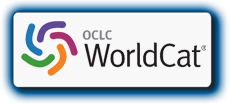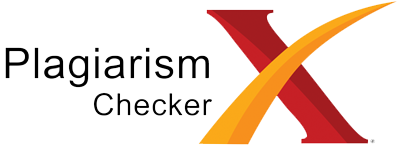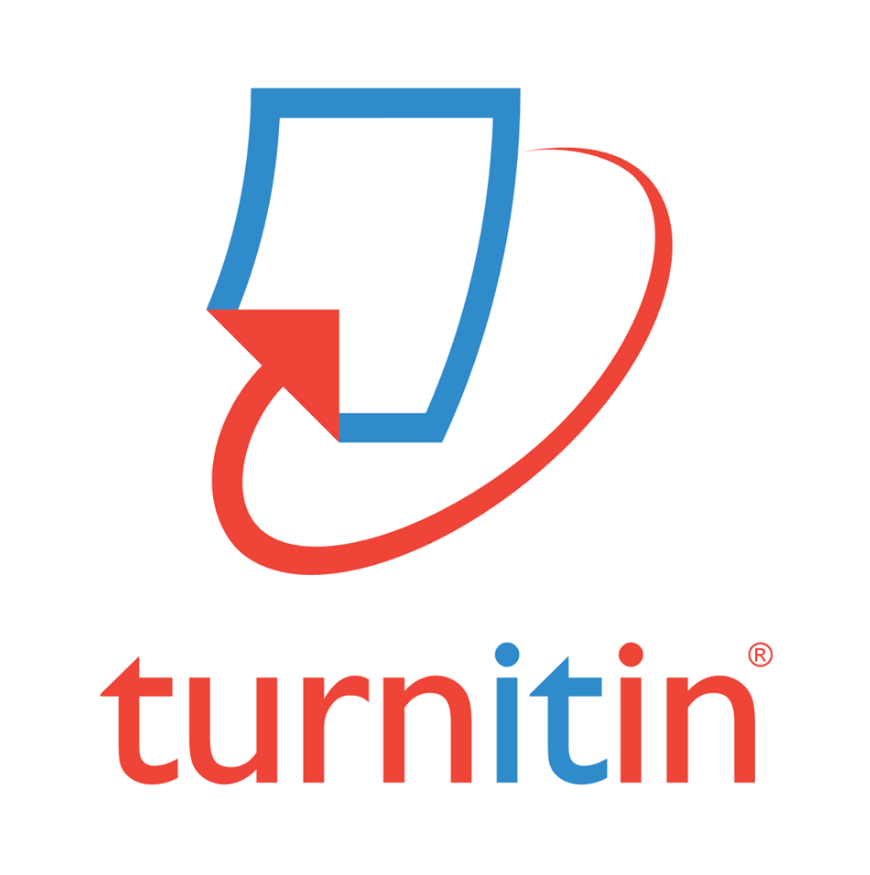Mobile Devices in Indonesian Language Learning on Multi Graders at Elementary Schools
Abstract
Abstract: The objectives of this study were (1) to measure the transformation of mobile learning devices in elementary schools in multi grade classes, (2) to examine the visibility of the development of Podcast devices for Indonesian language learning in multi grade elementary schools and (3) to assess the probability of using video technology tools on demand (VOD) on Indonesian language learning in elementary schools in multi grade classes. The method used is ethnographic study with triangulation of data in the form of interviews, the results of observations and technology assessment for Indonesian language learning in multi grade-based elementary schools using Mobile devices. The results of this study are (1) Mobile learning devices, especially television can be used for multi grade learning, (2) podcast device development also has the opportunity to be further developed, and (3) tools for learning are more related to the process of developing mobile devices in schools basic. Conclusions from this study, the development of Mobile devices for Indonesian Language in Elementary Schools needs to be done, taking into account the visibility of the learning device. It is recommended to the stakeholders to optimize the Indonesian Language device for multi grade class.
Keywords
Full Text:
PDFReferences
Coll, S. D., & Coll, R. K. (2018). Using blended learning and out-of-school visits: pedagogies for effective science teaching in the twenty-first century. Research in Science & Technological Education, 36(2), 185-204.
Hong, J. C., Hwang, M. Y., Wu, N. C., Huang, Y. L., Lin, P. H., & Chen, Y. L. (2016). Integrating a moral reasoning game in a blended learning setting: effects on students' interest and performance. Interactive Learning Environments, 24(3), 572-589.
Jani, J., Muszali, R., Nathan, S., & Abdullah, M. S. (2018). BLENDED LEARNING APPROACH USING FROG VLE PLATFORM TOWARDS STUDENTS’ACHIEVEMENT IN TEACHING GAMES FOR UNDERSTANDING. Journal of Fundamental and Applied Sciences, 10(5S), 1130-1141.
Jenner, M. (2017). Binge-watching: Video-on-demand, quality TV and mainstreaming fandom. International Journal of Cultural Studies, 20(3), 304-320.
Kazakoff, E. R., Macaruso, P., & Hook, P. (2018). Efficacy of a blended learning approach to elementary school reading instruction for students who are English Learners. Educational Technology Research and Development, 66(2), 429-449.
Keogh, J. W., Gowthorp, L., & McLean, M. (2017). Perceptions of sport science students on the potential applications and limitations of blended learning in their education: a qualitative study. Sports biomechanics, 16(3), 297-312.
Lam, Y. W., Hew, K. F. T., & Chiu, K. F. (2017). Improving Hong Kong secondary school students’ argumentative writing: Effects of a blended learning approach and gamification. Language Learning and Technology.
McCutcheon, K., Lohan, M., Traynor, M., & Martin, D. (2015). A systematic review evaluating the impact of online or blended learning vs. face‐to‐face learning of clinical skills in undergraduate nurse education. Journal of advanced nursing, 71(2), 255-270.
Prescott, J. E., Bundschuh, K., Kazakoff, E. R., & Macaruso, P. (2018). Elementary school–wide implementation of a blended learning program for reading intervention. The Journal of Educational Research, 111(4), 497-506.
Zacharis, N. Z. (2015). A multivariate approach to predicting student outcomes in web-enabled blended learning courses. The Internet and Higher Education, 27, 44-53.
Zucker, R. (2017). Standing in the Dark: A Podcast of Ten Stage Managers and Their Stories.
Refbacks
- There are currently no refbacks.
Copyright (c) 2018 Ferril Irham Muzaki

This work is licensed under a Creative Commons Attribution-ShareAlike 4.0 International License.
Edcomtech: Jurnal Kajian Teknologi Pendidikan published by Department of Educational Technology, Faculty of Education, State University of Malang in Collaboration with Asosiasi Program Studi Teknologi Pendidikan Indonesia (APS TPI) and Ikatan Profesi Teknologi Pendidikan Indonesia (IPTPI) with MoU.
Publisher Address:
Lab. Teknologi Pendidikan, Gd.E2, Lt.1
Fakultas Ilmu Pendidikan Universitas Negeri Malang
Jalan Semarang No 5, Kota Malang Kode Pos 65145
Email: edcomtech.fip@um.ac.id
========================================================================================================
| INDEXED BY | TOOLS | PLAGIARISM CHECK | ARTICLE TEMPLATE |
|

Edcomtech is licensed under a Creative Commons Attribution-ShareAlike 4.0 International License.
Edcomtech Statistics (Since July 13th, 2020)

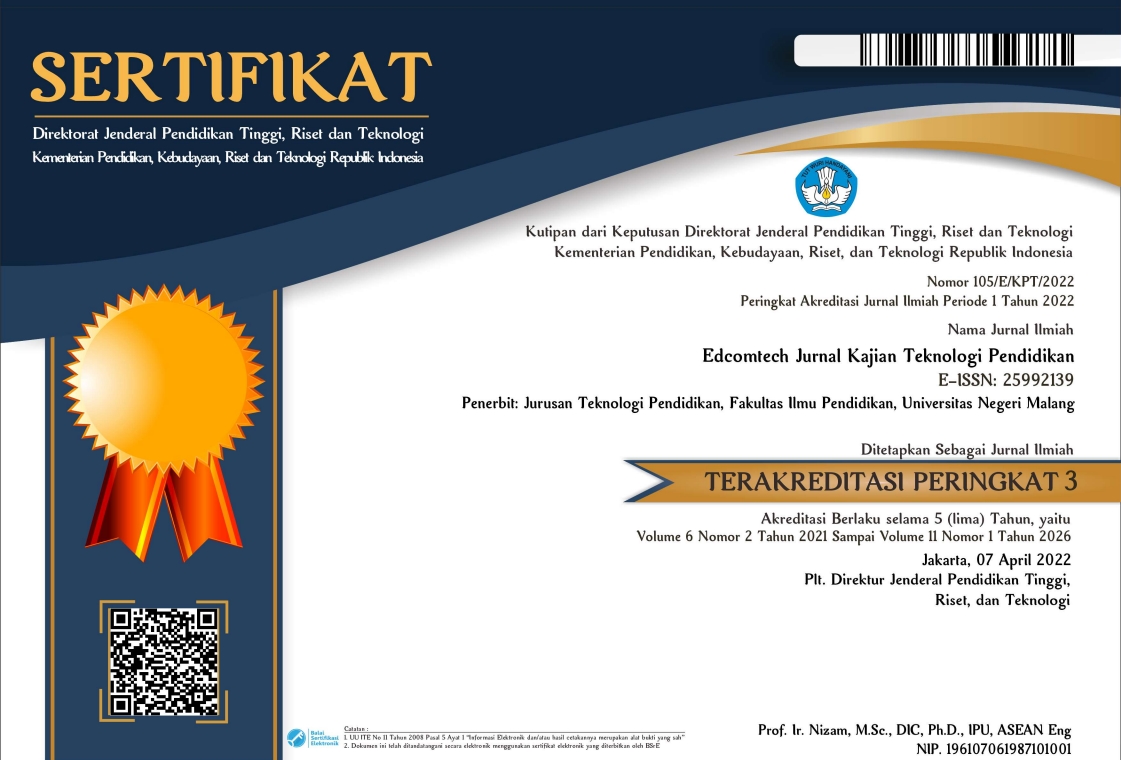



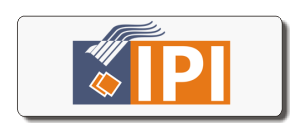





1.png)
